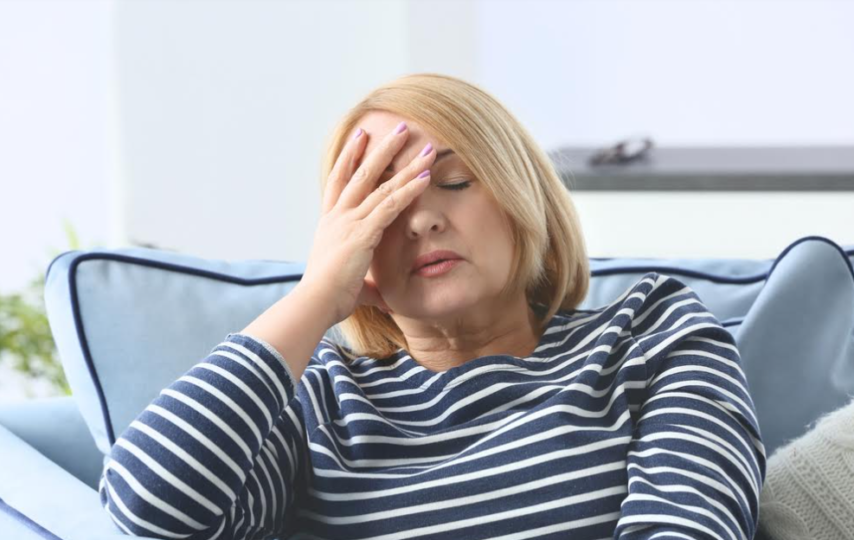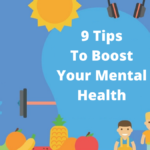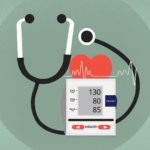Menopause is often discussed in the media as if it’s one distinct period of a woman’s life, but that’s technically incorrect.
There are three separate phases to this journey with different characteristics, and they take place over several years. It’s essential to have What is Menopause and learn some coping strategies to help you get through it a little more easily.
30-Second Summary
- The process begins with perimenopause, which lasts for several years. The estrogen levels begin to fluctuate, causing irregular periods and some symptoms, like sleep difficulties, hot flashes, weight gain, mood swings, night sweats, and vaginal dryness.
- Women under 50 must go for a 2-full year span without a period to be considered menopausal, and one full year for women over 50. Estrogen levels are still low at menopause, and your ovaries stop releasing eggs.
- Postmenopause is the stage after your periods have stopped completely and you are no longer fertile. However, you could still have some symptoms and there are some additional health risks to pay attention to.
- There are some top-rated menopause supplements on the market to help decrease these issues.
The Facts About the Three Stages
Perimenopause
Perimenopause is the period right before menopause; before your periods come to a stop. According to The North American Menopause Society[1], it lasts for 4-8 years and is characterized by fluctuations in estrogen levels and irregular periods.
It also includes symptoms like hot flashes, night sweats, irritability, weight changes, low libido, mood swings, vaginal dryness, and many other classic signs. You can also use Vaginal Estrogen Cream, vaginal cream is a safe and very effective solution, and plays a critical role in vaginal health.
Perimenopause is your body gradually easing into menopause and getting you accustomed to this major change. In most women, it begins in the 40s, although it can start earlier.
The Mayo Clinic explains that there is no one specific test to determine if a woman has entered this stage, and even checking hormone levels is not particularly useful.
During this period, your body still produces the hormones estrogen and progesterone, and you are still fertile.
Menopause
It’s not until your periods have stopped for 1 year (over 50) or 2 years (under 50) that you can no longer get pregnant.
Menopause is a stage that is technically only one day, which is the day your periods stop. Everything after that falls into the category of post-menopause.
The American Journal of Epidemiology[2] cites the average age as 51.4 years old, although this is can vary from woman to woman.
Postmenopause
This stage begins the day after your last period ends and continues for the rest of your life. Your ovaries no longer release an egg every month, and you can’t conceive.
Although you are done with menopause, estrogen levels stay low, and some women may still experience some of the same symptoms.
However, in most cases, they are less severe than during the other stages and should begin to taper off.
New health risks do emerge at this point because of the low hormone levels, such as heart disease and osteoporosis. Following a healthy lifestyle can do a lot to decrease your chances of developing these issues.
Making It Through The Menopause Stages
There are several coping strategies you can implement to help you handle some of the more difficult parts of menopause, and make sure you remain in peak health.
- Managing Stress and Moods – Menopause may entail mood swings and anxiety that disrupt your functioning. Consider techniques like mindfulness, which focuses on being fully present at the moment.
A study in Natural Medicine Journal[3] found that mindfulness improved women’s ability to cope with hot flashes emotionally. Other techniques found to be helpful in this regard include yoga, psychological counseling, and personal empowerment.
- Taking a Natural Supplement – There are numerous top-rated menopause supplements on the market that help ease symptoms with plant-based estrogens that balance hormones and other organic ingredients. In addition, they often include substances that can lower levels of anxiety and improve mood, as well as general health and well-being, sleep, and weight gain.
Amberen is one such natural supplement that supports a decrease in symptoms. The Amberen review posts online speak highly of this product, with women saying it eased their discomfort.
- Healthy Eating and Weight Management – Weight gain may occur during menopause which can affect your confidence as well as put you at risk for other possible health problems. During menopause, it’s more important than ever to practice healthy eating habits that will help you manage your weight.
Avoid sugar, processed foods, and unhealthy fats, and fill your diet with fruits, vegetables, nuts, good fats, lean meat and fish, and a small amount of dairy. Stay away from spicy foods and alcohol which could exacerbate hot flashes.
- Regular Exercise – If you’re not already exercising regularly, menopause is a good time to start. It will help you burn calories and manage your weight, give you confidence, support health benefits, and reduce some medical risks. The research regarding the role of exercise in decreasing menopause symptoms is mixed, but studies do clearly show that it improves mood and quality of life[4].
- Sleeping Well – Sleep can be a major issue during menopause and beyond, as many women experience sleeplessness and night sweats. There are things you can do to make your nights more comfortable naturally, and there are also medicinal options like antidepressants that can help decrease symptoms.
Make sure you follow a routine every night and try to sleep and wake at approximately the same time. Avoid caffeine, alcohol, technology, and exercise before bed. Wear cool, loose-fitting clothing and keep the room temperature cool.
The Final Word
The three stages of menopause present challenges for some women, as they tend to be accompanied by uncomfortable symptoms and mood swings that can impact your life. Fortunately, both medicinal and natural lifestyle methods can make this time in your life much easier.
Some of these include mindfulness, yoga, regular exercise, a healthy diet and weight management, quality sleep, and supplements like Amberen. According to the Amberen review postings, this product eased symptoms and improved quality of life.
Once menopause is over and symptoms diminish, a new phase of your life has begun that may bring with it a new sort of freedom. As the author, Paulo Coelho once said, “the end of one stage is only the beginning of another.”
References
2] https://academic.oup.com/aje/article/153/9/865/124589
3] https://www.naturalmedicinejournal.com/journal/2011-07/mindfulness-and-menopause
4] https://journals.lww.com/acsm-healthfitness/fulltext/2013/05000/menopause_and_exercise.4.aspx



